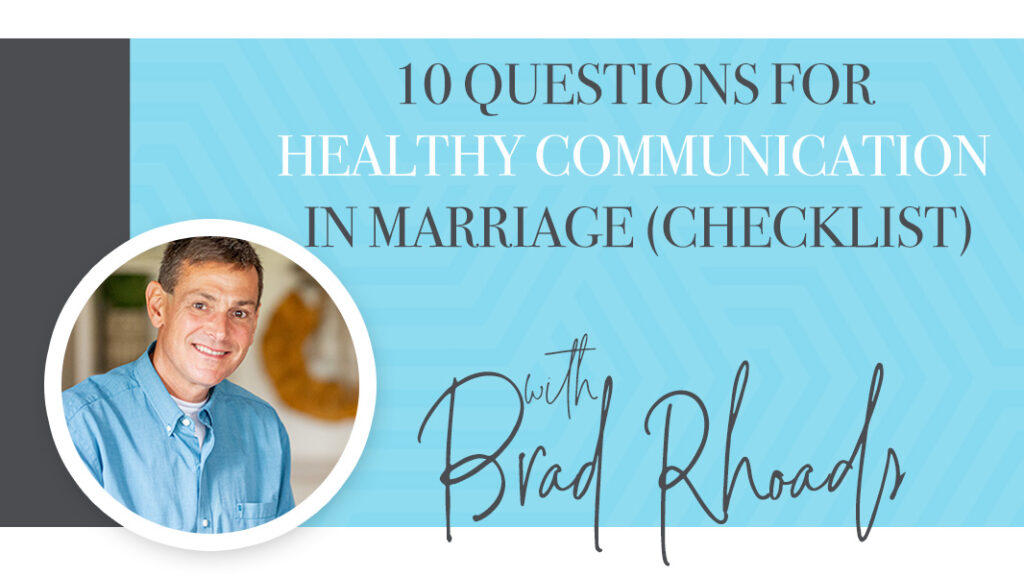Healthy communication in marriage is tough. As a marriage leader, teaching couples to have healthy communication is even more difficult. When you were a child, did you play the game of Telephone? Do you remember the premise for the game? The first person starts with a sentence or phrase, and then the phrase is communicated to each person in the circle one by one.
Kids love to play this game because by the end of the circle, the original sentence has completely changed and sounds nothing like it did at the beginning. Each child playing the game hears what they want to hear and puts their own spin on the sentence. Sounds a little bit like many couples’ conversations in marriage. We hear what we want to hear from our spouse and put our own manipulative spin on the conversation.

Communicating well in marriage is not easy. As a leader, you understand that if your spouse is truly your best friend and you feel safe in the relationship, then it might be easy to take it for granted. Remember that the couples you serve need to understand this as well. A byproduct of a committed relationship can be getting too comfortable. Have you ever snapped at your spouse because something outside of your relationship was bothering you? Does your spouse ever feel the brunt of your words because you know they are committed to you?
We want our words and communication to be life-giving and encouraging to all people, but it starts with our spouse. As a leader, you need to be able to model healthy communication with your spouse—so you’re credible to teach others! It can be healthy and wise to make sure you are checking all of the following questions off when you are communicating with your spouse.
Here’s my challenge for you: Review these healthy communication questions for your marriage. Then, consider sharing these questions with the couples you serve.
- Am I using my communication to build my spouse up or tear him/her down?
- Would my spouse say that my words are glorifying to God?
- If I feel like my spouse is picking a fight, do I respond in a way that deescalates the conversation or adds fuel to the fire?
- Is my body language welcoming and open during this conversation?
- Is this the right time to talk about this situation? Or would there be a better time in the near future?
- Am I seeking to hear what my spouse is actually saying or putting my own biases and opinions on their words?
- Have I prayed about this alone or with my spouse before trying to solve it ourselves? (Hebrews 11:6)
- Do I ask the question, “What do you mean by that?” for clarification before making assumptions about my spouse’s intentions?
- Is it more important for me to make my opinions known or to show my spouse honor and respect during important conversations?
- Am I quick to ask for forgiveness when I know I have wronged my spouse?
This isn’t an exhaustive list, but it does give you an excellent way to guard against selfishness in our communication with your spouse. The Bible is very clear about the power of the tongue. You have the amazing opportunity to use your words to build each other up and offer grace to your spouse. Healthy communication is a pillar in marriage—especially for the marriage leader. It can be the foundation the Lord uses to bring love, commitment, honor, and respect into your marriage.

